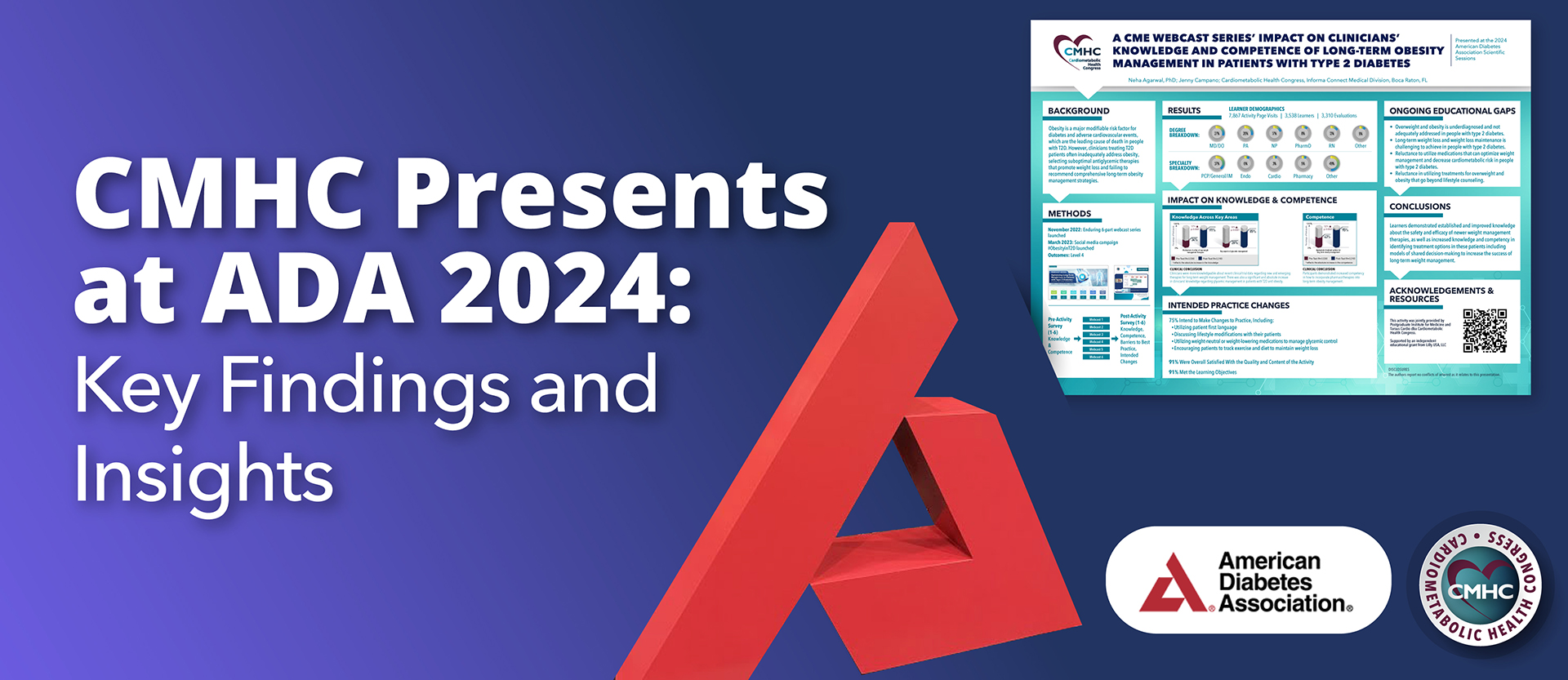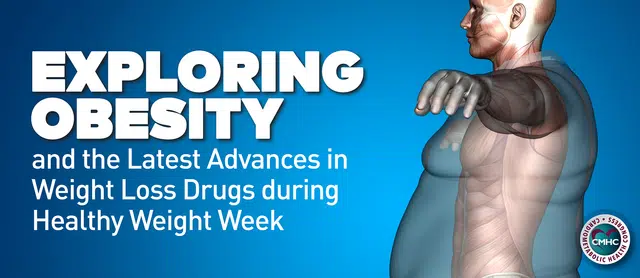 According to a recent survey of 1509 Americans conducted by the American Society for Metabolic and Bariatric Surgery (ASMBS) and NORC at the University of Chicago, 81% cited obesity (along with cancer) as the most serious health threat in our country. Diabetes (72%), heart disease (72%), mental illness (65%), and HIV/AIDS (46%) followed on the list.
According to a recent survey of 1509 Americans conducted by the American Society for Metabolic and Bariatric Surgery (ASMBS) and NORC at the University of Chicago, 81% cited obesity (along with cancer) as the most serious health threat in our country. Diabetes (72%), heart disease (72%), mental illness (65%), and HIV/AIDS (46%) followed on the list.
The majority (94%) agreed that obesity increased the risk for early death, even without other health issues. Most also believed diet and exercise alone were the most effective methods for long-term weight loss, with 60% indicating they were more effective than bariatric surgery. One-third of those surveyed who were obese reported having never spoken to a physician about their weight, and only 12% of those for whom bariatric surgery may be an option said their physician made the suggestion.
Obesity was classified as a disease by the American Medical Association in 2013, and affects one-third of Americans. People are clearly understanding the risks of obesity but major misperceptions on the causes of obesity, as well as the efficacy of various treatments and the importance of collaboration among healthcare practitioners in patient care, remain. Raul J. Rosenthal, MD, who is president of the ASMBS and chairman of the department of general surgery at Cleveland Clinic Florida, commented that obesity is possibly the only life-threatening disease for which more than one-third of patients do not consult a physician for treatment, and where the majority do not explore other treatment options that may offer better long-term success.
What are the reasons for these misperceptions? Results of the survey also indicated that the majority believe overweight/obese individuals should be able to use willpower as a means to lose weight on their own; three-fourths of those who responded believe that obesity is caused by a lack of willpower. In reality, researchers say that obesity is caused by interactions between the environment and genetics.
Obesity specialists are calling the survey results alarming, as the findings go against evidence about the science behind obesity and demonstrate how outdated notions about obesity continue to persist. CMHC faculty member and obesity researcher Dr. Donna Ryan, who will be speaking at the CMHC Regional Conference Series in Atlanta on March 25, 2017, expressed frustration with how obesity is attributed to laziness and how patients are stigmatized. Another problem is that healthcare practitioners can be as misinformed as the public, because physicians do not learn about obesity in medical school, according to Dr. Scott Kahan, an obesity medicine specialist affiliated with George Washington University and the National Center for Weight and Wellness, and may explain why only 12% of physicians are mentioning bariatric surgery as an option for their most obese patients. For many patients who are extremely overweight, by as much as 100 to 200 pounds, bariatric surgery is often the only treatment that works. CMHC faculty member Dr. Caroline Apovian, who is also president-elect of the Obesity Society, shared Dr. Kahan’s concern, commenting that if physicians approached cardiovascular disease and bypass surgery the same way, they would be called negligent.

















